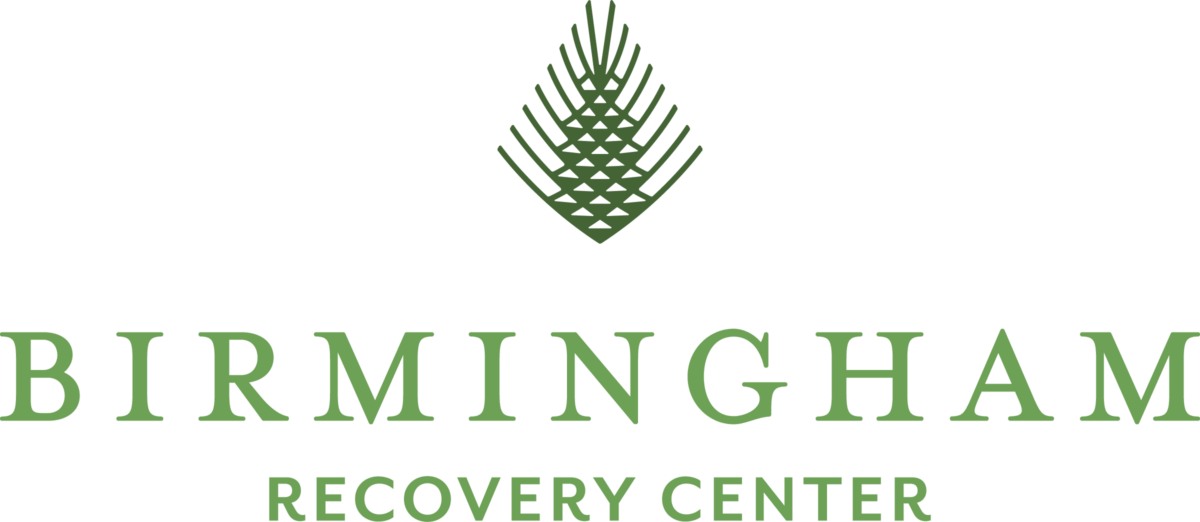After making the commitment to go to drug rehab in Birmingham, AL, you may be unsure of what to expect. Here at the Birmingham Recovery Center, we try to make the process as understanding as possible for those who choose our facilities to help them overcome addiction.
One of the biggest questions that we have generally surrounds the type of services that we offer. Our facility proudly implements experiential therapy in order to help people overcome their addiction to drugs or alcohol. By knowing what experiential therapy has to offer, you can see how this treatment will help you overcome your addiction.
What Is Experiential Therapy?
At the drug rehab in Birmingham, AL, experiential therapy utilizes various tools and activities in order to help people better understand the past emotional trauma and find healthier ways for them to view the problems and overcome the challenges related to them.
This specific therapeutic technique helps those struggling with addiction to identify the feelings that they have regarding various situations. For example, a person will be able to analyze how situations that made them angry, ashamed, or disappointed may have contributed to their substance use.
By walking individuals who struggle with addiction through each of these situations, this therapeutic approach aims to help them release any of the repressed emotions that they have in order to help them change their views on reality.
When it comes to developing a treatment plan that works in drug rehab in Birmingham, AL, the therapist will generally honor the preferences of the client as this treatment tends to be more client-centered than others. In most cases, therapists will utilize a variety of activities during treatment sessions. However, the specific type of treatment that is used during experimental therapy will depend mostly on the client’s circumstances, preferences, and treatment goals.
Types of Experimental Therapy Used
There are several different experiential therapy approaches that are used at a drug rehab in Birmingham, AL. Each of these approaches is designed to help those struggling with addiction learn healthier habits for dealing with their emotions and healing. Some of the most common types of experiential therapy include:
- Psychodrama: This type of therapy that is used in drug rehab in Birmingham, AL, allows patients to use dramatic activities, such as mirroring or role reversal, in order to explore some of the personal issues that they deal with.
- Music therapy: This type of experiential therapy involves the use of music to have individuals who receive treatment create their own music, experiment with instruments, and listen to music pieces.
- Art therapy: Creative arts, whether a patient will engage in drawing, painting, or creating sculptures, can help individuals enhance their abilities to process their negative emotions and increase self-awareness.
- Poetry therapy: This type of experiential therapy is conducted through the use of literature or poems in order to promote healing and personal growth among those in attendance.
- Animal-assisted therapy: Although this is not offered at every drug rehab in Birmingham, AL, animal-assisted therapy involves incorporating animals into the therapeutic process. In some cases, patients will care for the horses, walk dogs, or attend to other animals.
- Adventure therapy: These activities tend to involve things like hiking outdoors, participating in games with others, and obstacle courses.
Each type of experiential therapy that is utilized at drug rehab Is designed to help people deal with stress, develop healthy habits, and incorporate healthy and safe activities into their lives. All of these positive activities and skills can help carry them through their sobriety.
The Use of Experiential Treatment in Drug Rehab in Birmingham, AL
Many counselors and therapists implement experiential therapy for addiction treatment at a drug rehab in Birmingham, AL. This type of therapy has proven effective when used in conjunction with evidence-based therapies for people who struggle with addiction.
They are often incredibly beneficial as they utilize unique methods that are interesting and keep patients engaged in order to help them learn healthier activities that they can implement into their daily lives.
The Benefits of Experiential Therapy
When it comes to overcoming addiction, it is crucial to recognize that there is no single solution that will help to cure a person of their addiction. Instead, patients will utilize a variety of different methods in order to increase their self-esteem, build self-awareness, address their emotional triggers, and help them learn healthier habits that they can implement into their lives. Experiential therapy is definitely helpful when it comes to encouraging patients and helping them truly embrace the tools that they need to live a life of sobriety.
There are several benefits that come with the use of experiential treatment at a drug rehab in Birmingham, AL. These include:
- Helping people struggle with addiction to develop a stronger sense of self-awareness that they can carry through their sobriety.
- It can help those struggling with addiction to become more proactive with their ability to make decisions.
- It works exceptionally well at helping individuals who struggle with addiction to develop strong problem-solving skills.
- It can help patients address some of the hurt and pain that they experienced in order to overcome past trauma and conflicts.
All of these benefits can help individuals overcome their addiction and remain sober for many years to come. By developing strong problem-solving skills and the ability to resist urges, patients will be able to implement healthier activities into their lives and will learn how to rationalize any decisions before making them.
Using Experiential Therapy to Help You
Experiential therapy is one of the most promising treatments available to help individuals overcome addiction. Learning healthy habits can go a long way when it comes to helping a person remain sober throughout the rest of their life.
To further reinforce the skills and tools that individuals learn through experiential therapy, it is recommended that patients also receive cognitive behavioral therapy and other traditional evidence-based therapies. Combining all of these treatments together can help those struggling with addiction master the ability to make healthy decisions at every turn.
Let Birmingham Recovery Center Help
If you are interested in seeing how our drug rehab in Birmingham, AL, can help you learn healthier habits and overcome your addiction, feel free to reach out to our team at Birmingham Recovery Center at your earliest convenience.

